Kubrick’s ‘Shining’ Movie Butchers King’s Masterpiece
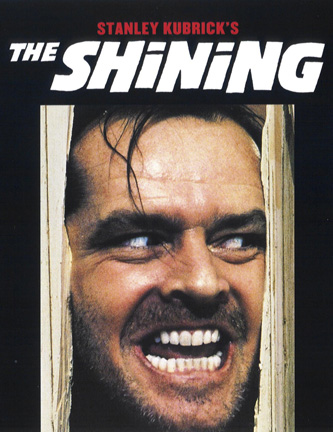
Stephen King’s new sequel Doctor Sleep follows The Shining’s grown-up Danny slipping into a homicidal madness like his father did in the famous horror movie and novel. With a continuation of Danny’s psychic encounters hitting the shelves, I dove back into the original book and movie. After hanging on King’s mind-blowing revelations in the novel, I was shocked Kubrik completely left out the creepy main concept of the story.
In the novel, the hotel is alive. It is a monstrous creature that preys on weakened souls, like Jack, and kidnaps them for eternity. The wind that whistles outside the hotel on winter nights is really the song of a hundred souls.
Only psychics, like Danny, can be touched by the hotel and its hostages, but if the hotel can take Danny’s soul, it will have his powers. With these powers, the hotel’s horrors can be seen, felt, and heard by everyone, not only psychics. The hotel wants to live on forever with its hostages, spreading evil because it cannot make itself real in any other way. The hotel gradually took possession over Jack so that it could have a vessel to kill Danny with. Because the hotel and Jack’s relationship was replaced with a bland case of cabin fever for the movie, there is never any mention of the hotel’s hunger for souls.
Also, unlike the movie’s ending, in the book the old heating system torches the hotel and all its evil so that it can never hurt another soul again. It was unsettling that the hotel lived on in the movie, perhaps to claim more souls. The hotel wanted Danny all along. It had no use for Jack, so it made no sense that the hotel and Jack lived happily ever after together in Kubrik’s movie when neither of them cared for the other.
Another error Kubrik made was inappropriately depicting Danny as a simple child. Despite being five years old, Danny is the least innocent character. With his psychic ability, he understands himself, others, and the world in extreme depth. This gives Danny a great advantage over regular people, like his parents, because they barely understand their own dark pasts and desires. Despite his extraordinary insight, Danny is a typical five-year-old in Kubrik’s movie. He already has seen more than anyone else has in their lifetime, but somehow this lends him no maturity or knowledge, unlike Danny in the novel.
Wendy’s character is also starkly different in the book: a strong, bitter, jealous but protective heroine. The fight to the death between Wendy and possessed Jack was extremely climactic because King made them relatable, so watching them beat and stab each other like wild animals felt like being forced to fight one’s own loved one. The book’s take on this conflict, a woman forced to kill the body of her beloved but possessed husband, was very original. Kubrik’s Wendy lets Jack step all over her, unlike King’s brave fighter. The movie replaced this concept with the overused plotline of an unrelatable killer against a helpless victim.
And disappointingly, different ghosts were made up for the movie because they were either too scary or required too many special effects.
The movie’s horror was incomparable to King’s craftsmanship. A more vivid, heart-pounding horror experience can be felt through the book. Hopefully readers can experience similar twists in Doctor Sleep.





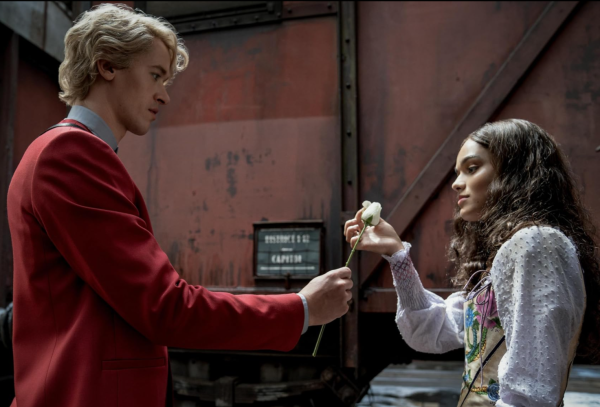
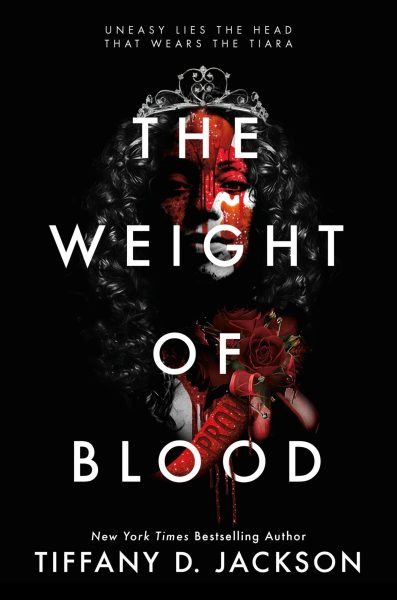

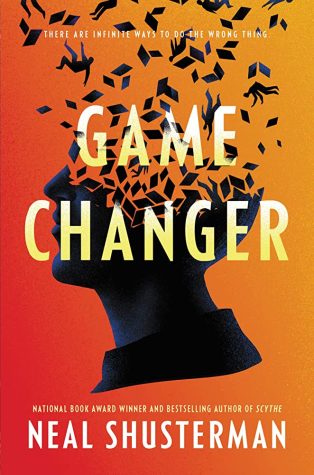
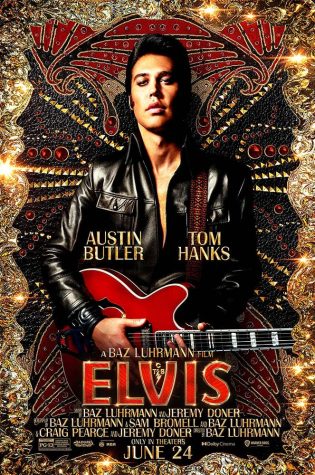
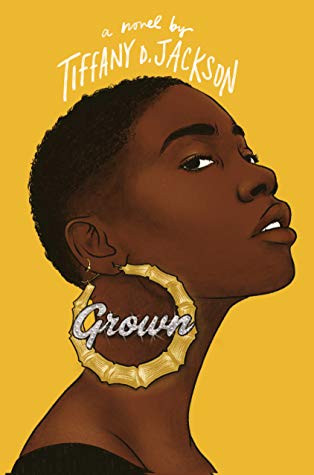



Natalie • Feb 3, 2014 at 6:25 pm
Very well written, Alena! I can appreciate that you were referring to Jack’s soul living on in the hotel, and not his physical state, when you wrote that the hotel and Jack lived happily ever after in the movie.
Mrs. Billimack • Feb 3, 2014 at 10:02 am
Love your article, Alena. Your specific and opinionated remarks about the differences between the book and movie are concise, yet insightful. Looking forward to reading more from you in Wolfprints:)